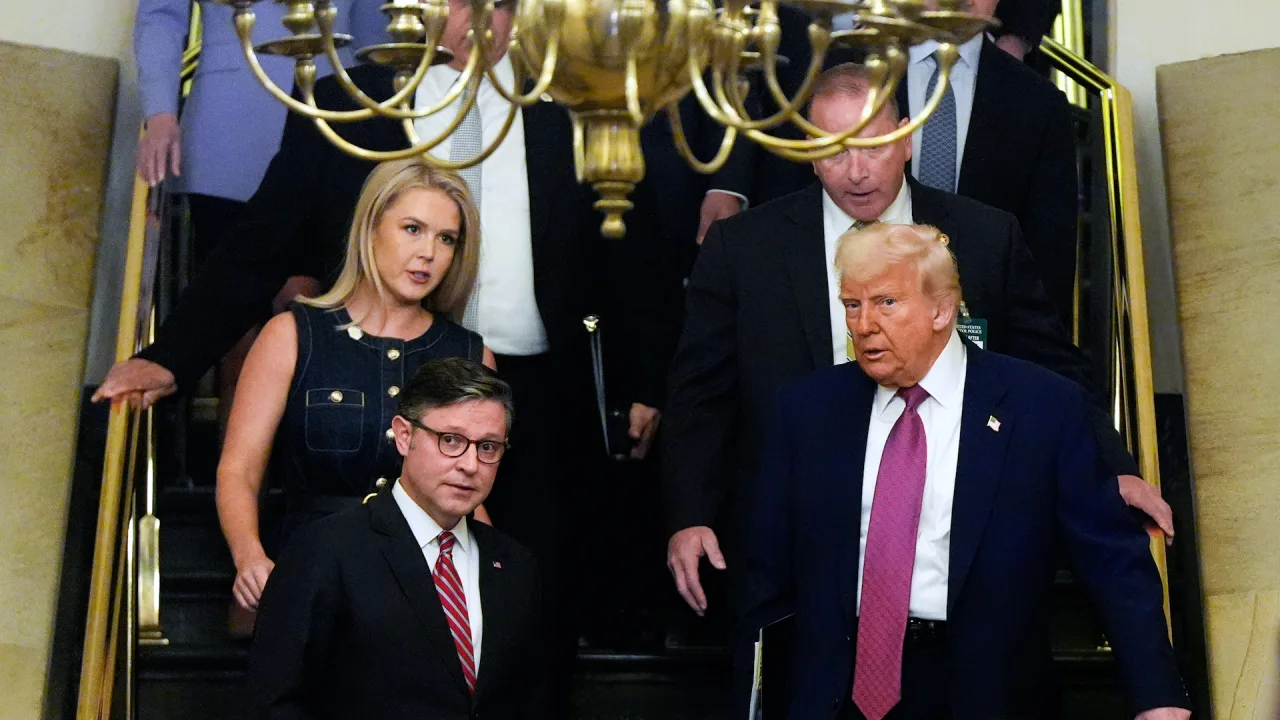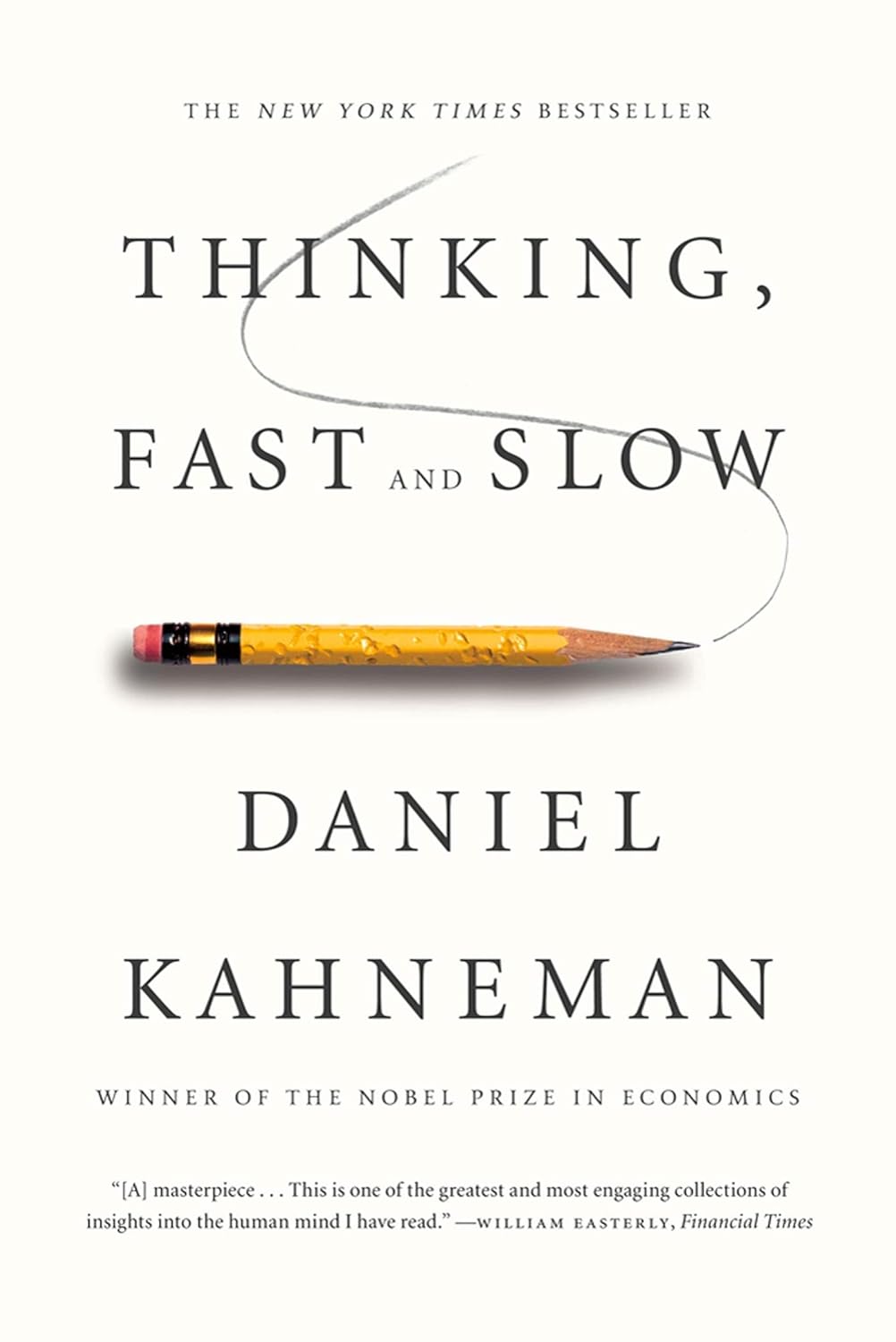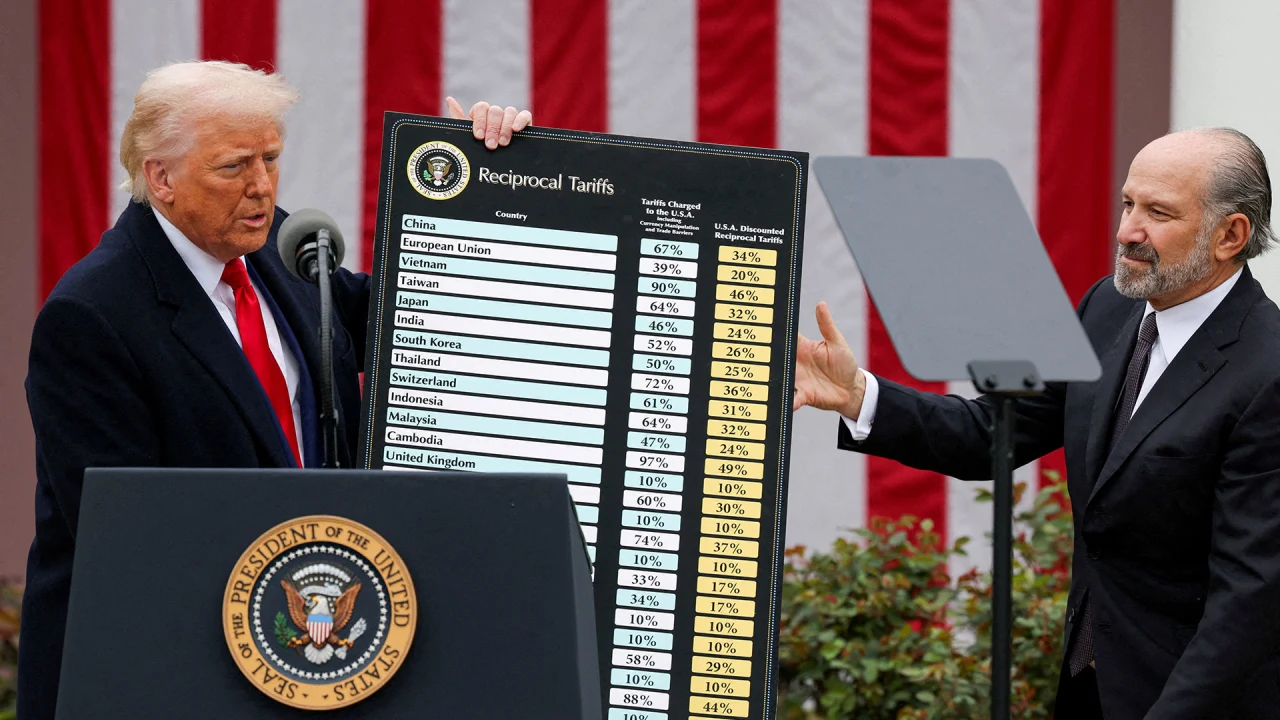Putin’s dream of a state-controlled internet is becoming a reality
Russians seeking an online window to the outside world are finding their options rapidly diminishing as Vladimir Putin’s government strips app stores of VPNs. Last week, Roskomnadzor, Russia’s internet authority, ordered three major app stores to remove virtual private networks (VPNs) from public availability. Roughly one in four Russians report using VPNs to avoid detection by Russia’s pervasive internet monitoring tools—systems designed to suppress dissent within the country. The VPN bans are the latest in a long series of similar crackdowns. According to TechRadar, more than 50 VPNs available elsewhere are inaccessible in the Russian Google Play Store. This is despite Google showing more resistance than many other app store providers to Russia’s censorship demands. Still, the trend signals a worrying shift toward sweeping digital restrictions. “Russia’s increasing push to remove VPN apps from major app stores is part of a coordinated strategy to cut citizens off from uncensored information and secure communication tools,” warns Alexey Kozliuk, chair of the VPN Guild, an industry group. According to Yevgeniy Golovchenko, a researcher specializing in online censorship at the University of Copenhagen, Russia’s efforts to block VPNs represent one of the final and most extreme steps in a long campaign to control the internet. He likens online censorship to a ladder, suggesting that the country is now reaching its upper limits in terms of how far it can go to restrict digital freedom. “We’re reaching the top of the censorship ladder,” he says. While this crackdown on VPNs represents the regime’s most aggressive action yet, Golovchenko sees it as part of a long-standing effort by the Kremlin to eliminate online dissent entirely. “The Russian authorities have been trying to establish control over the internet during the last two decades,” he says. That effort intensified after Russia’s spring 2022 invasion of Ukraine, as public discontent over Putin’s decisions grew. The Russian president is determined to extinguish opposition to his actions in Ukraine and prevent any potential uprising. Those most likely to be drafted—and most opposed to the war—tend to be frequent internet users. Thus, controlling the web is viewed as key to maintaining total authority. “The Russian government is definitely trying to splinter the internet,” Golovchenko says. “They’ve been passing the so-called sovereign internet law with a clear goal of trying to splinter the Russian internet.” In this way, Russia is emulating its ally China, Golovchenko says, “not just through censorship, but through efforts to push users away from Western platforms toward Russian platforms that are more likely to comply with Russian law.” Russia’s broader approach to censorship is also telling. The government has allocated 60 billion rubles (around $600 million) in its 2025–2027 budget to expand its censorship infrastructure. This includes the deployment of advanced Deep Packet Inspection systems known as TSPU. “These systems are capable of blocking entire VPN protocols and have been tested during regional internet shutdowns to suppress encrypted traffic,” adds VPN Guild’s Kozliuk, who says that some VPN providers have created robust technologies specifically designed to function in heavily censored countries such as Russia, Belarus, and Iran. However, he notes that the Russian government is increasingly countering these efforts by blocking information about VPNs and pressuring tech companies to halt their distribution. “For ordinary Russians, the consequences are severe,” Kozliuk says. Citizens are increasingly cut off from the outside world, as the tools they once used to circumvent state censorship are being dismantled through tighter enforcement. These actions, he says, mark another step toward a “splinternet,” reflecting the Kremlin’s enduring aim to build a self-contained, tightly regulated Russian web modeled on China’s. “What we’re witnessing is not just censorship, but the systematic construction of digital borders,” he tells Fast Company, “enforced by the state and increasingly by complicit global tech companies.”

Russians seeking an online window to the outside world are finding their options rapidly diminishing as Vladimir Putin’s government strips app stores of VPNs.
Last week, Roskomnadzor, Russia’s internet authority, ordered three major app stores to remove virtual private networks (VPNs) from public availability. Roughly one in four Russians report using VPNs to avoid detection by Russia’s pervasive internet monitoring tools—systems designed to suppress dissent within the country.
The VPN bans are the latest in a long series of similar crackdowns. According to TechRadar, more than 50 VPNs available elsewhere are inaccessible in the Russian Google Play Store. This is despite Google showing more resistance than many other app store providers to Russia’s censorship demands. Still, the trend signals a worrying shift toward sweeping digital restrictions.
“Russia’s increasing push to remove VPN apps from major app stores is part of a coordinated strategy to cut citizens off from uncensored information and secure communication tools,” warns Alexey Kozliuk, chair of the VPN Guild, an industry group.
According to Yevgeniy Golovchenko, a researcher specializing in online censorship at the University of Copenhagen, Russia’s efforts to block VPNs represent one of the final and most extreme steps in a long campaign to control the internet. He likens online censorship to a ladder, suggesting that the country is now reaching its upper limits in terms of how far it can go to restrict digital freedom. “We’re reaching the top of the censorship ladder,” he says.
While this crackdown on VPNs represents the regime’s most aggressive action yet, Golovchenko sees it as part of a long-standing effort by the Kremlin to eliminate online dissent entirely. “The Russian authorities have been trying to establish control over the internet during the last two decades,” he says. That effort intensified after Russia’s spring 2022 invasion of Ukraine, as public discontent over Putin’s decisions grew. The Russian president is determined to extinguish opposition to his actions in Ukraine and prevent any potential uprising.
Those most likely to be drafted—and most opposed to the war—tend to be frequent internet users. Thus, controlling the web is viewed as key to maintaining total authority. “The Russian government is definitely trying to splinter the internet,” Golovchenko says. “They’ve been passing the so-called sovereign internet law with a clear goal of trying to splinter the Russian internet.”
In this way, Russia is emulating its ally China, Golovchenko says, “not just through censorship, but through efforts to push users away from Western platforms toward Russian platforms that are more likely to comply with Russian law.”
Russia’s broader approach to censorship is also telling. The government has allocated 60 billion rubles (around $600 million) in its 2025–2027 budget to expand its censorship infrastructure. This includes the deployment of advanced Deep Packet Inspection systems known as TSPU. “These systems are capable of blocking entire VPN protocols and have been tested during regional internet shutdowns to suppress encrypted traffic,” adds VPN Guild’s Kozliuk, who says that some VPN providers have created robust technologies specifically designed to function in heavily censored countries such as Russia, Belarus, and Iran. However, he notes that the Russian government is increasingly countering these efforts by blocking information about VPNs and pressuring tech companies to halt their distribution.
“For ordinary Russians, the consequences are severe,” Kozliuk says. Citizens are increasingly cut off from the outside world, as the tools they once used to circumvent state censorship are being dismantled through tighter enforcement. These actions, he says, mark another step toward a “splinternet,” reflecting the Kremlin’s enduring aim to build a self-contained, tightly regulated Russian web modeled on China’s.
“What we’re witnessing is not just censorship, but the systematic construction of digital borders,” he tells Fast Company, “enforced by the state and increasingly by complicit global tech companies.”













































































































![Building A Digital PR Strategy: 10 Essential Steps for Beginners [With Examples]](https://buzzsumo.com/wp-content/uploads/2023/09/Building-A-Digital-PR-Strategy-10-Essential-Steps-for-Beginners-With-Examples-bblog-masthead.jpg)




















































